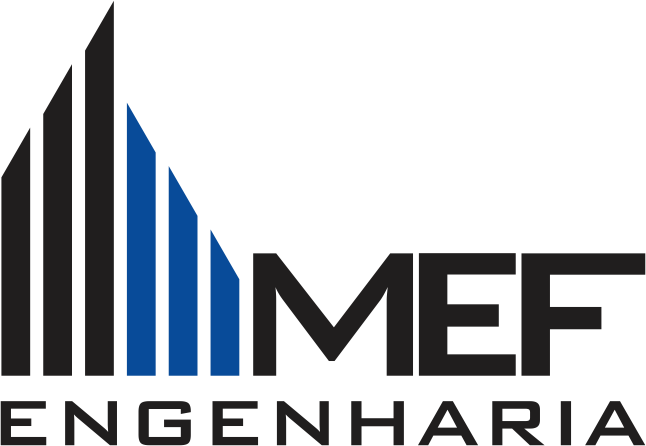In the ever-evolving realm of education, where information streams abundantly and accessibility to understanding is only a click away, student-driven encyclopedias are becoming a vibrant tool in the discovering process.

These systems not just offer students with a database of info but likewise motivate them to add, modify, and curate web content, fostering a joint and interactive understanding atmosphere.
As instructional standards change towards even more participatory and comprehensive designs, the concept of student-driven encyclopedias embodies this change. These platforms equip pupils to become active individuals in expertise development, connecting the void in between standard textbook knowing and modern electronic sources.
The Concept of Student-Driven Encyclopedias
Student-driven encyclopedias are electronic systems where trainees collectively gather, confirm, and share info on a wide selection of topics. Unlike conventional encyclopedias, which are frequently created by experts, these platforms leverage the joint initiatives of students to create a comprehensive body of expertise.

At their core, student-driven encyclopedias are developed to grow essential thinking, research skills, and digital proficiency among students. By participating in the procedure of content production, students discover to navigate and review info seriously, skills that are essential in today’s information-rich culture.
Moreover, these platforms act as a space for students to explore their rate of interests and share their expertise. This autonomous technique to understanding creation guarantees that a diverse variety of perspectives and voices are stood for, improving the discovering experience for all participants.
- Students acquire hands-on experience in study and content creation.
- Urges collaboration and peer communication.
- Promotes a much deeper understanding of subject.
- Fosters inclusivity and diversity in knowledge representation.
Essentially, student-driven encyclopedias change trainees from easy receivers of information right into active factors, instilling a feeling of possession and duty in their academic trip.
Advantages of Student-Driven Encyclopedias
Among the primary benefits of student-driven encyclopedias is the growth of necessary 21st-century abilities. As students participate in the procedure of web content development, they develop their vital reasoning, electronic proficiency, and communication abilities, all of which are crucial in today’s interconnected globe.
In addition, these systems urge a collective discovering setting, where trainees can interact to validate info, debate different point of views, and co-edit write-ups. This peer-to-peer interaction not just boosts discovering end results but also promotes a sense of community and common respect among students.
Moreover, student-driven encyclopedias provide a platform for showcasing trainee job. As trainees add to the encyclopedia, they construct a portfolio of their research and writing, which can be invaluable for additional scholastic and specialist pursuits.
Difficulties and Limitations
Despite the many benefits, student-driven encyclopedias additionally face certain challenges. Guaranteeing the precision and reliability of info is extremely important, as these systems count on payments from trainees who might not yet possess expert-level understanding.
- Keeping content high quality and accuracy.
- Offering sufficient guidance and assistance.
- Ensuring equitable gain access to and inclusivity.
To alleviate these obstacles, several student-driven encyclopedias carry out a system of checks and balances, where material is reviewed by educators or experts prior to publication. This ensures that the information presented is both exact and credible, maintaining the stability of the platform.
The Future of Student-Driven Encyclopedias
As innovation continues to breakthrough and the landscape of education progresses, the potential for student-driven encyclopedias is vast. These systems have the capability to not just enhance typical educational resources yet additionally redefine the way understanding is gotten and shared.
In the future, we might see student-driven encyclopedias incorporating more advanced modern technologies such as artificial intelligence and machine learning to improve content curation and personalization. Additionally, they may increase past textual details to include multimedia content, providing an extra immersive discovering experience.
Empowering the Future Generation
Student-driven encyclopedias hold the promise of encouraging the future generation of learners. By putting students at the helm of expertise development, these platforms motivate long-lasting understanding, inquisitiveness, and intellectual independence.
In conclusion, as educational systems continue to introduce, student-driven encyclopedias stand as a testimony to the power of collaboration and the relevance of pupil company in the learning procedure. By welcoming these systems, we Can you please give me an example of a real world use for functions? open the doors to a much more inclusive, engaging, and dynamic academic experience for all.

